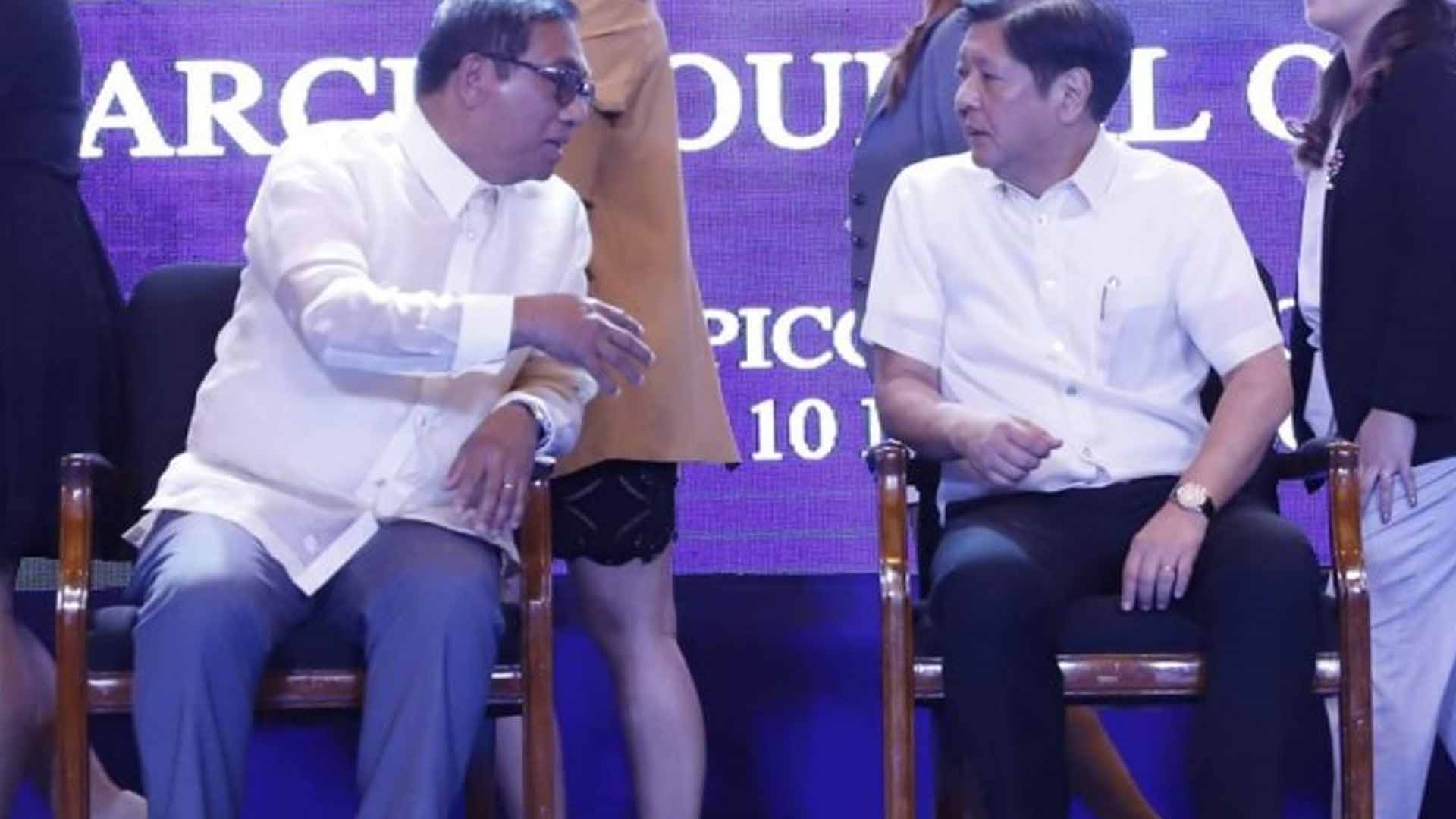Department of Science and Technology (DOST) Secretary Renato Solidum Jr. on Friday thanked the support of President Ferdinand R. Marcos Jr. who emphasized the importance of the science community towards achieving the country’s socio-economic goals.
Marcos on Friday attended the National Research Council of the Philippines’ (NRCP) Annual Scientific Conference and 90th General Membership Assembly held in Pasay City.
“By integrating science and good governance, we build a future where our children can look back to our generation and say that we did truly change the 21st century,” Marcos told the attendees composed of scientists, engineers, and innovators.
Marcos also pointed out what science can do to achieve sustainable agricultural technology, safe and affordable medicines, and green energy.
Solidum said they feel honored and grateful to be joined by the President, adding that they are more than willing to provide the necessary research-based services to achieve the country’s socioeconomic goals through fundamental and basic research.
The NRCP serves as an advisory body to the government by providing data-driven and evidence-based recommendations for policymaking and legislation.
During the plenary session, Solidum noted that research has always been a critical backbone in the development of every country.
“To sustain our efforts in accelerating research and development (R&D) in the Philippines, we need to concentrate on establishing and strengthening extensive networks of individuals who can help address the demand for knowledge, skills, and innovations,” he said.
Solidum also cited the importance of concentrating on establishing a visionary, understandable, clear, agile, diverse, and digitally transformed future.
“The NRCP members have a significant part to play in this area. Scientists and researchers assist us in achieving our objectives of influencing policies by conducting relevant, quality, and meaningful research,” he remarked.
The DOST, he said, continuously refine the country’s Harmonized National Research and Development Agenda (HNRDA) with the support of the government and private institutions and agencies.
Through capacity-building, investment in new technologies and equipment, structural interventions, and policy formulation to assist the government in making quick and effective decisions, Solidum said the country can prevent and mitigate the effects of disasters.
“We emphasize that disasters can be averted by anticipating future scenarios and understanding the associated risks. Therefore, we contribute to the development of a society that is agile and ready to face the uncertainties of the future,” he said.
Meanwhile, Solidum urged the attendees to collaborate with each other. He noted that the government provides funding support and training to help them generate solutions to the country’s problems. (PNA)







